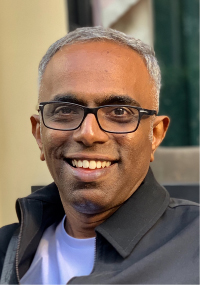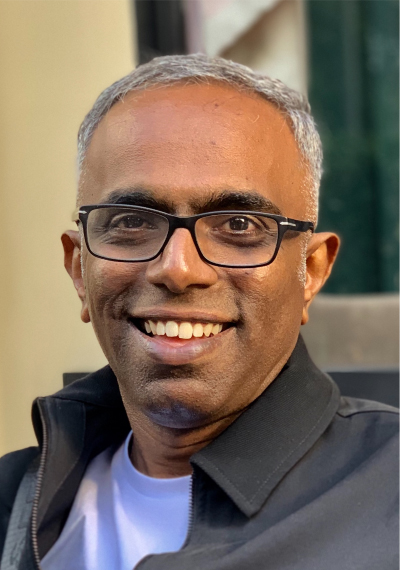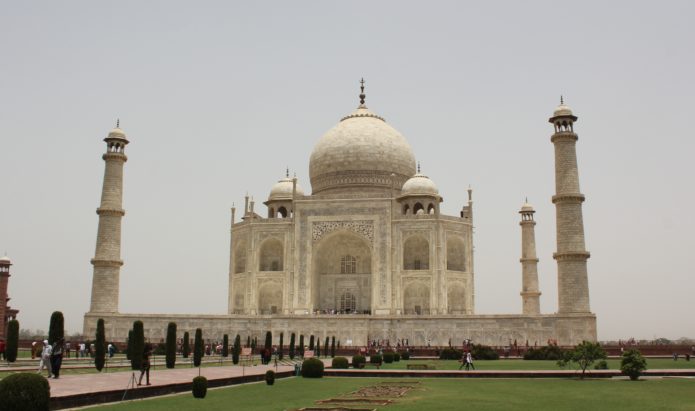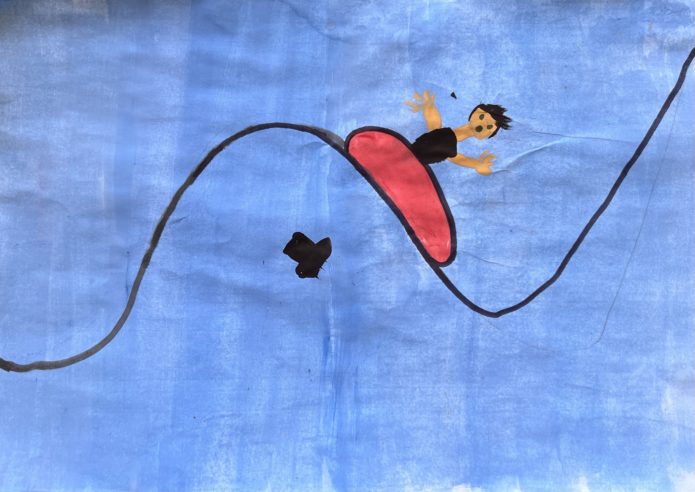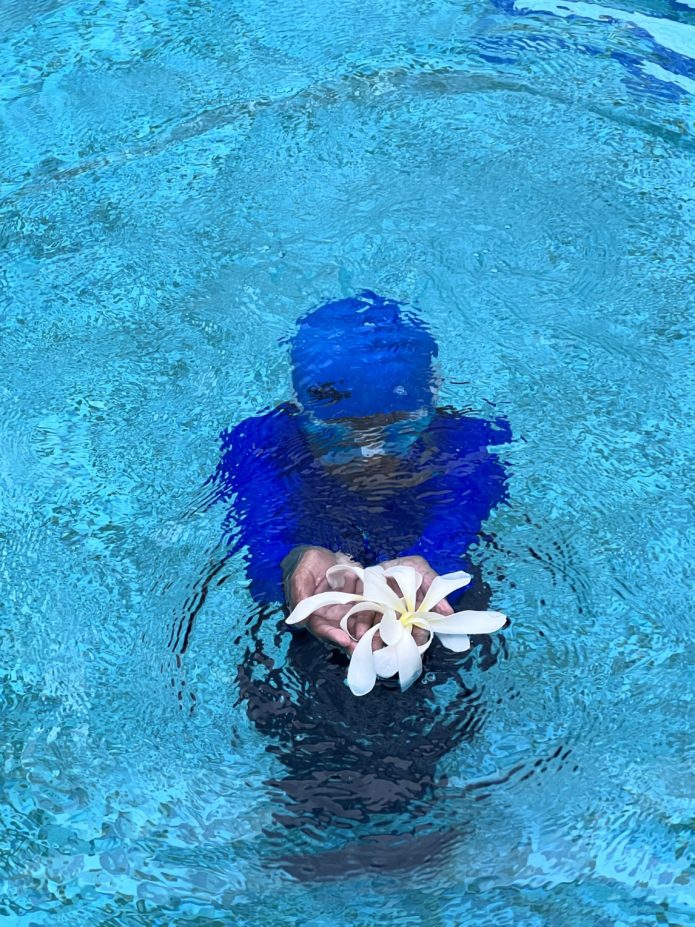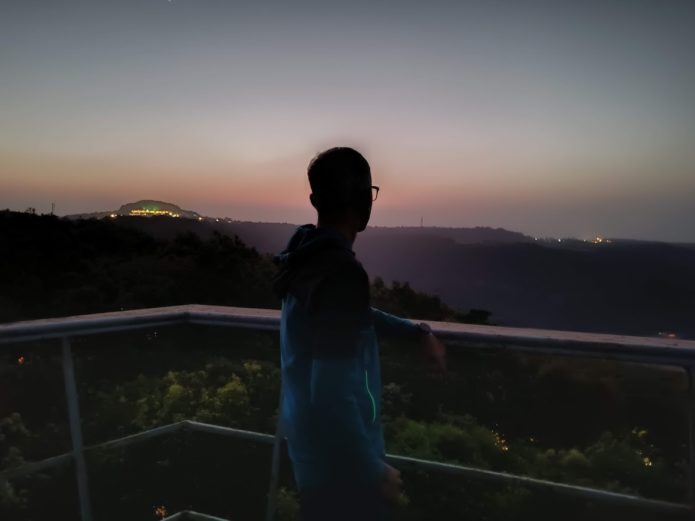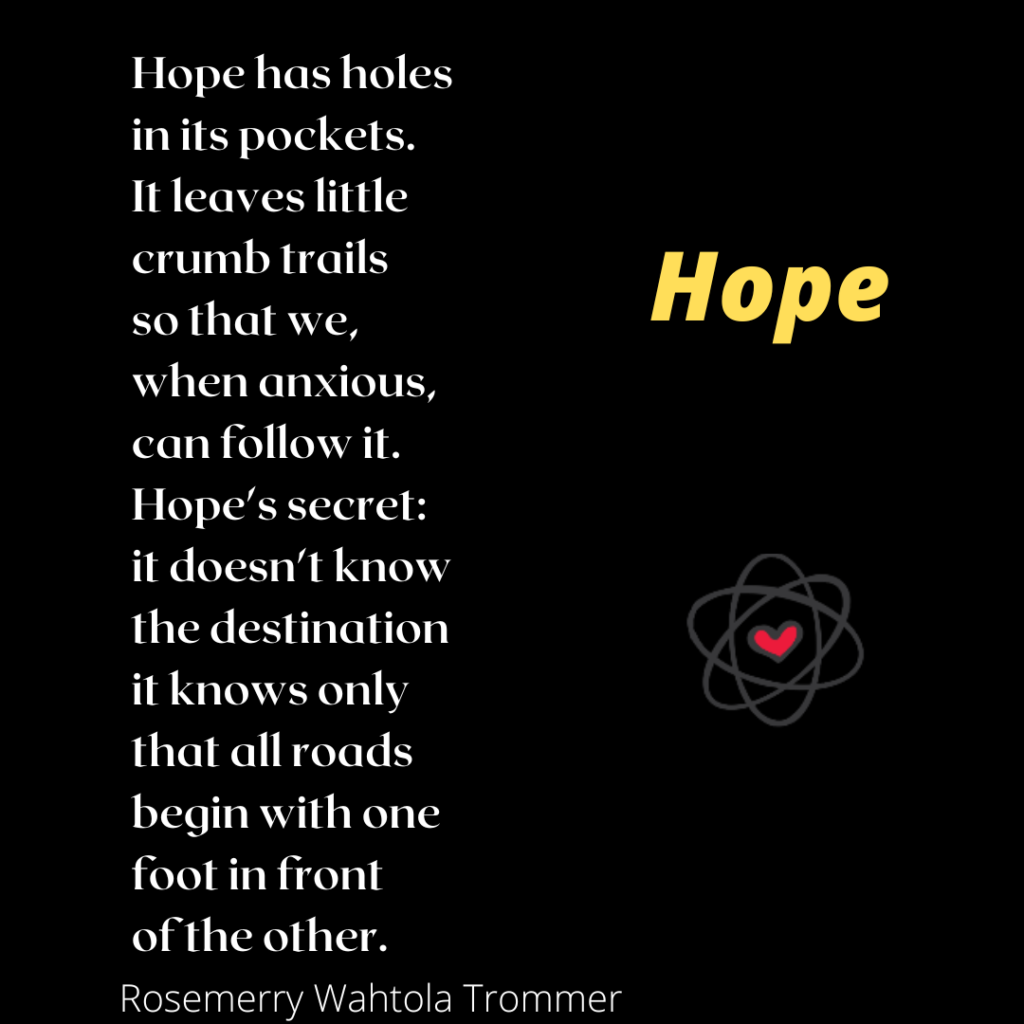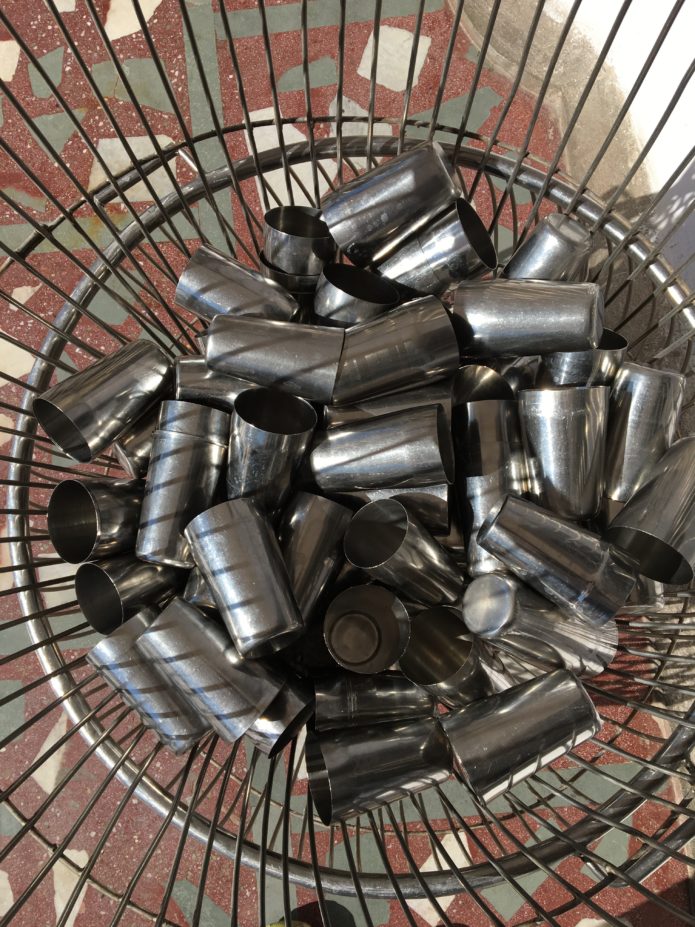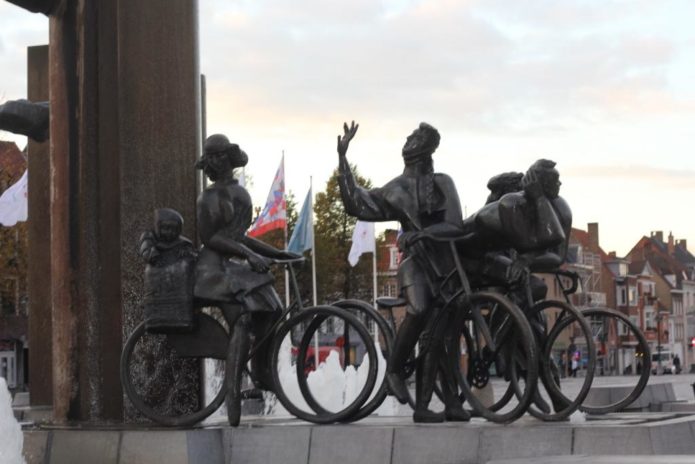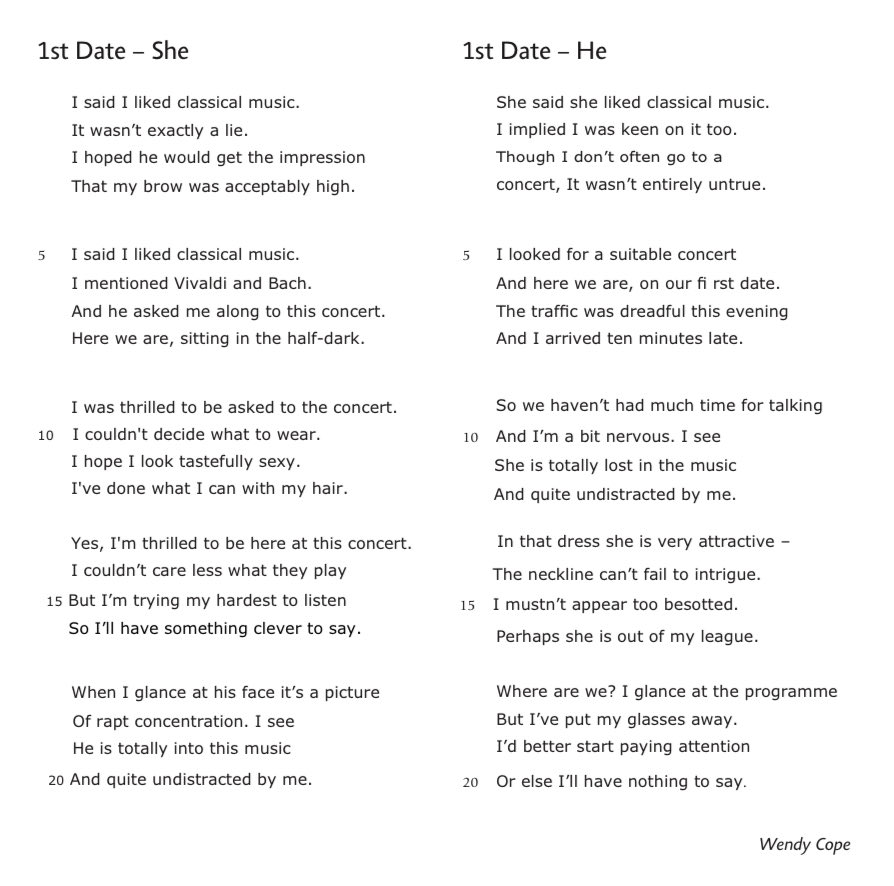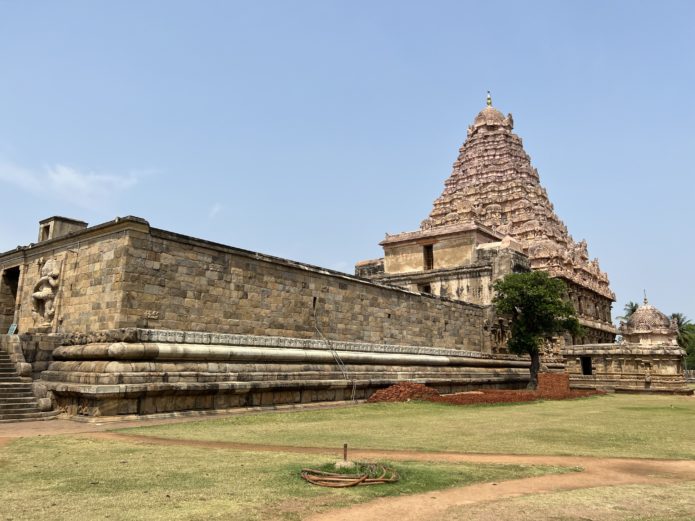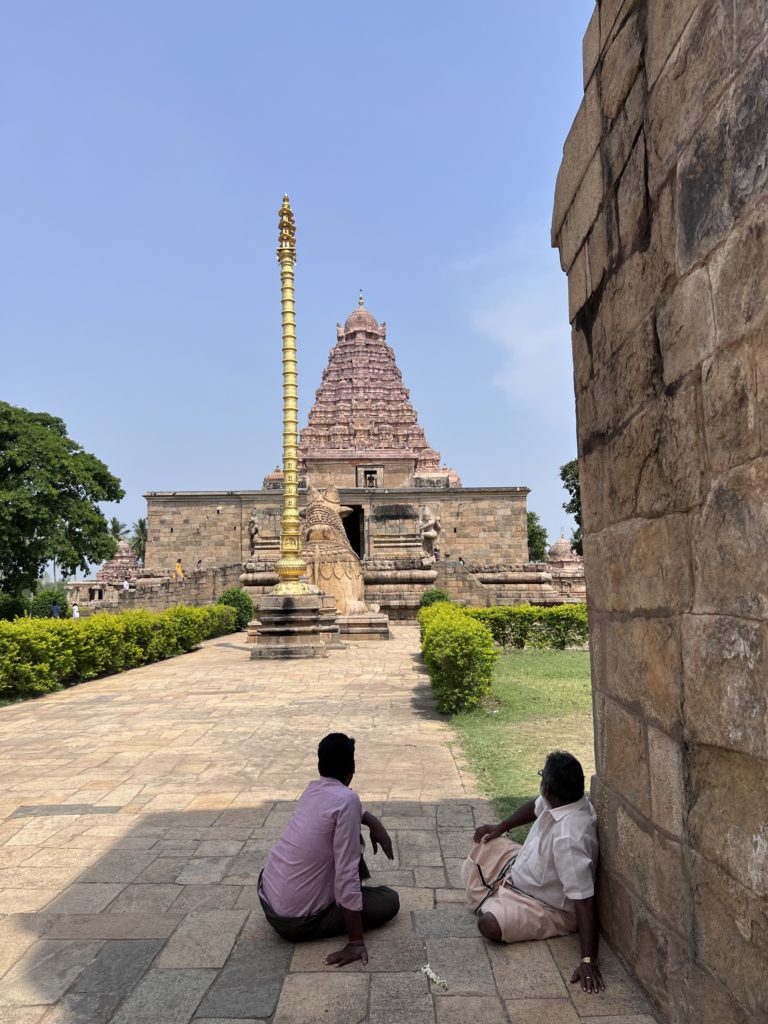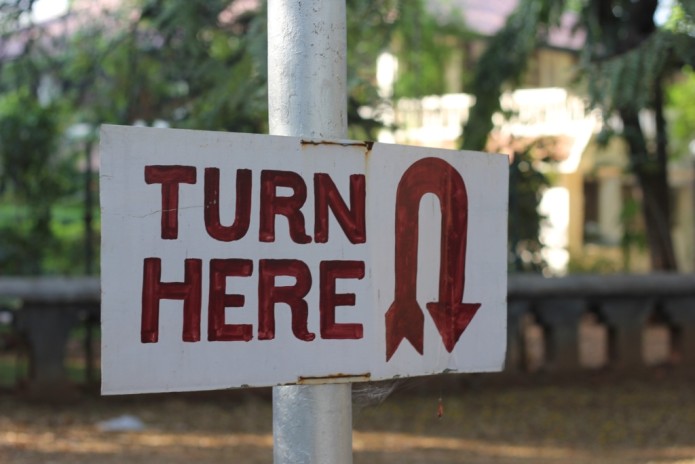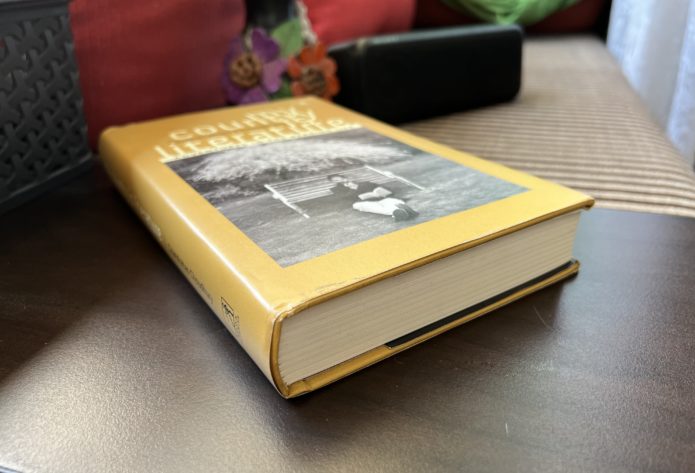What’s common between Times Square, New York and the Taj Mahal, Agra? Well, they share a rating. 4.7 on Google Reviews!
You may be sufficiently aghast, filled with delectable glee or sufficiently nonchalant. The times we live in has scope for all three and more.
The other day, I couldn’t help overhearing a conversation in the airport shuttle as it was ferrying a bunch of tired passengers to the terminal building. It had been a long flight and two fellow passengers had forked out their phones to book their cabs on Uber. Which is when one of them exclaimed that his rating had come down in Uber.
“I have been polite, I have said Thank you. I have even tipped every idiot. Yet my rating is down”. He was almost inconsolable. Just that morning I had recalled Kiran, my regular taxi driver from a decade ago. He would always drop me off with a “have a safe flight” or something to that effect. That morning I took an Uber and the driver looked at me and said, “please give me a good rating”. That was his sign off line.
The rating tyranny has truly taken over modern lives. From expansive humans who were driven by the promise of endless possibilities we have become narrow creatures seeking precision and a performance rating.
Speaking of which, I remember that it is the season of performance ratings in many organisations and it is inviting considerable amount of heartburn and angst. An individual’s rating by itself does not mean as much as when held up against another’s! That rating somehow ends up signifying an individual’s contribution and worth. They also end up determine how much money an employee takes home.
A rating is always a measure. The goal is something else. Happiness. Good customer service. Etc. Somewhere down the line, measures have begun standing in for goals. And thus, a rating is ubiquitous in urban life.
Sunday last, I had just finished a run and was catching my breath. A young teacher with a bunch of four high school kids walked by. They were having a wonderful conversation on history and the story of the Taj Mahal. I was walking right behind them and oblivious to me, the teacher asked them a question: ‘What comes to your mind when you think of the Taj Mahal? ”
Pat came the reply from a tall kid with unkempt hair and a clumsy shirt, “If a man has enough purpose in life, he can do anything”.
I smiled.
Times Square can keep the rating crown!
